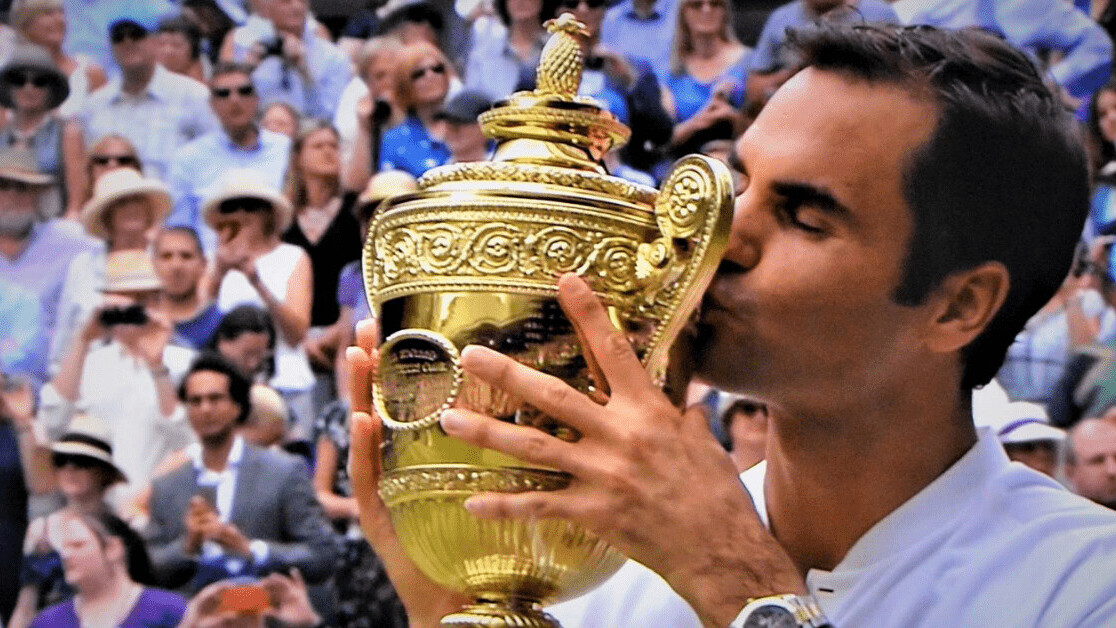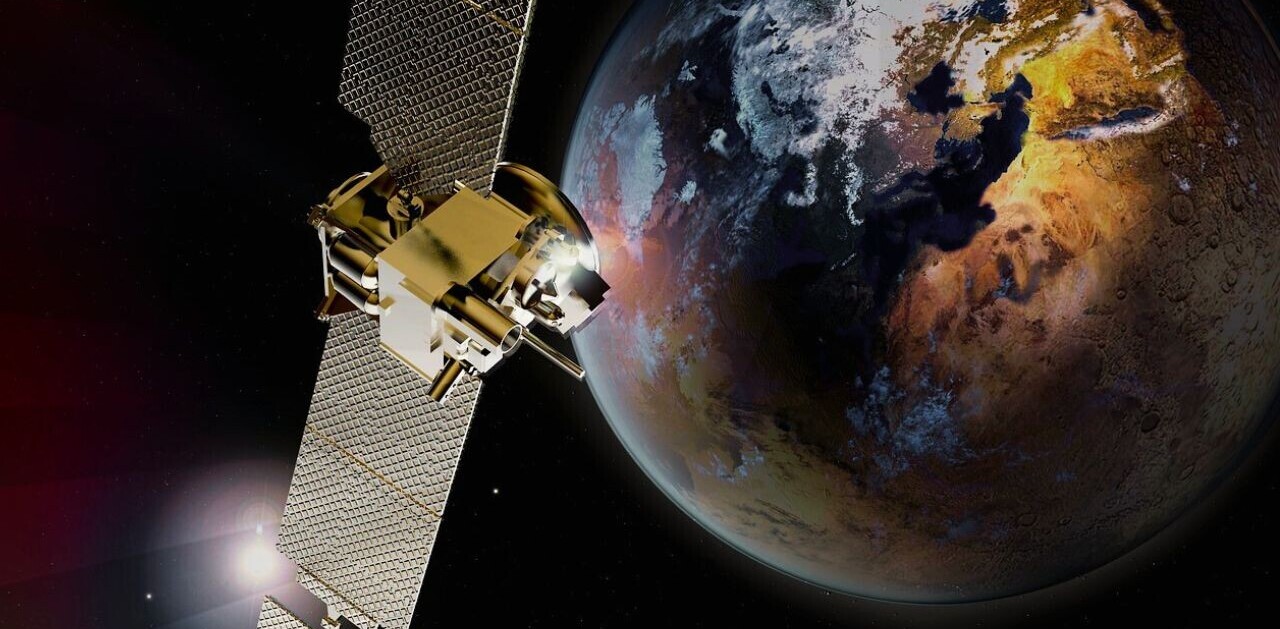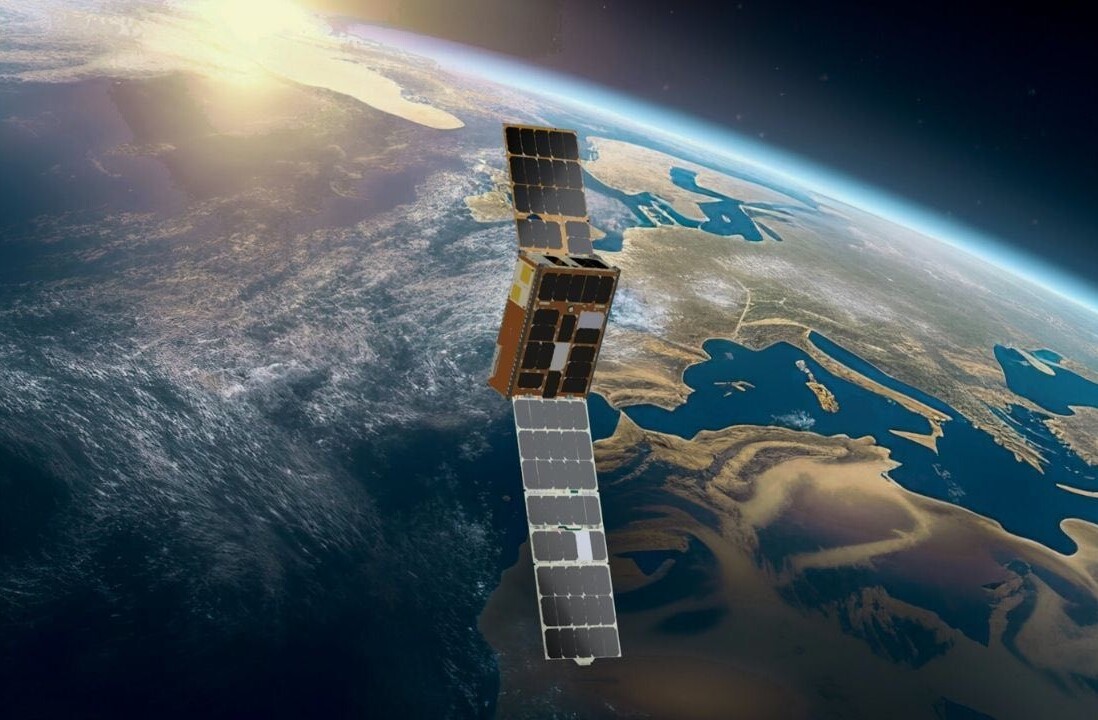In the 2019 Wimbledon final, Roger Federer was a point away from becoming the oldest player to win a major championship in the Open era. But the Swiss ace uncharacteristically hit his forehand shot just wide, giving Novak Djokovic the chance to snatch the title. Pundits feared the error would haunt the Swiss ace for the rest of his life.
But a new AI project has rewritten tennis folklore, by recreating the point to hand King Roger the crown.

The system converts broadcast video of tennis matches into controllable players that look and behave like the stars.
The AI generates the graphics by analyzing historical points. This “shot cycle” begins with a player approaching an incoming ball. They then hit it back to a location on the court, and move towards a recovery position where they await the return. The cycle repeats for each player until the point ends.
Stanford University researchers replicated this cycle by building a database of annotated shots hit by tennis stars. A statistical model then calculates where the players will place their shots and move in different matchplay situations.
[Read: Most mobile apps suck — here’s how to fix them]
The models capture common tennis strategies, such as hitting low-risk shots when on the defensive, approaching the net after launching the ball down the line, and aiming at an opponent’s weaker side — Federer’s backhand, for example. They also reflect the different styles of players, so Rafael Nadal will favor defending from the back of the court, while Federer will stick closer to the baseline, poised to attack.
As well as rewriting the past, the AI can create new fantasy matchups, from pitting Federer vs Federer to creating a new “Battle of the Sexes” between Nadal and Serena Williams.
But its route to market will likely come from giving users control of the action. If that works as well as it looks in the video below, it could make for a stunningly realistic video game.
Vid2Player: Controllable Video Sprites that Behave and Appear like Professional Tennis Players
pdf: https://t.co/XUHyI6Pp4i
abs: https://t.co/5X0Lb2MgAP
project page: https://t.co/wYBTTo9JBi pic.twitter.com/gOh3nEyVKv— AK (@ak92501) August 12, 2020
It’s certainly impressive, but a few kinks keep it in the uncanny valley. The fans and officials never move, there are no shadows under the ball and players, and the athletes appear to float across the surface. Nonetheless, it would be a welcome addition to the limited selection of tennis games currently on the market.
Whether it does end up in a game or just destroys our trust in video remains to be seen. But for now, I’m happy basking in the glory of what might have been.
So you like our media brand Neural? You should join our Neural event track at TNW2020, where you’ll hear how artificial intelligence is transforming industries and businesses.
Get the TNW newsletter
Get the most important tech news in your inbox each week.






